The term SIBO comes from the English “Small Intestinal Bacterial Overgrowth” which means “Chronic Bacterial Colonization of the Small Intestine”.
This digestive system pathology is characterized by a significant proliferation of bacteria in the small intestine.
In the case of SIBO, the bacterial concentration is higher than 105 bacteria/ml. The species most commonly found include Streptococcus, Bacteroides, Escherichia coli, and Staphylococcus.
In excess, they cause an imbalance of the intestinal microbiota (or dysbiosis) and an increased permeability of the intestinal wall.
Since they consume a large amount of nutrients (vitamins and carbohydrates), they can cause nutritional deficiencies in the host.
Furthermore, they lead to intestinal fermentation which causes gas and bloating. Digestive problems are therefore common and may be accompanied by fatigue (physical and/or mental) and cognitive disturbances.
Below, we present 5 natural treatments to relieve SIBO symptoms.
Precaution: depending on your symptoms and before taking a dietary supplement, we advise you to consult a doctor.
1. Guar gum
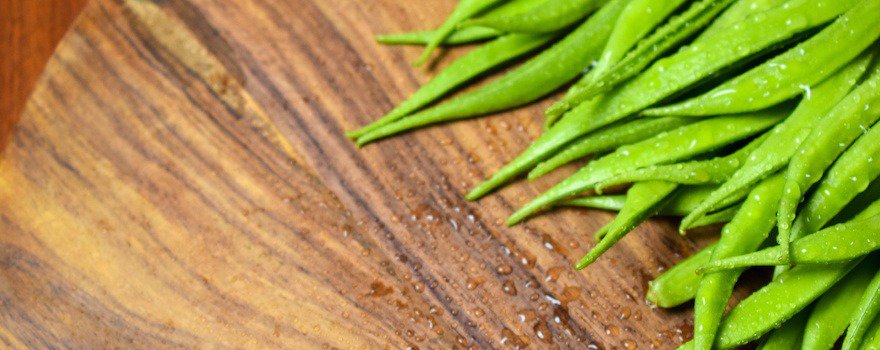
Guar is a plant cultivated for its seeds. Once ground, they produce guar gum, known for its appetite-suppressant action.
Rich in soluble fibers, it supports digestive health.
On one hand, guar gum improves symptoms associated with SIBO such as diarrhea, flatulence, bloating, and abdominal pain.
At the same time, it beneficially modifies the composition of the intestinal microbiota and rebalances the bacterial concentration.
In this study, guar gum achieved better results on SIBO than with the antibiotic alone.
How to consume it: it can be taken as a dietary supplement, in capsules, tablets, or powder form. Guar powder can be dissolved in a glass of water or used in cooking as a thickening and binding agent.
2. Berberine
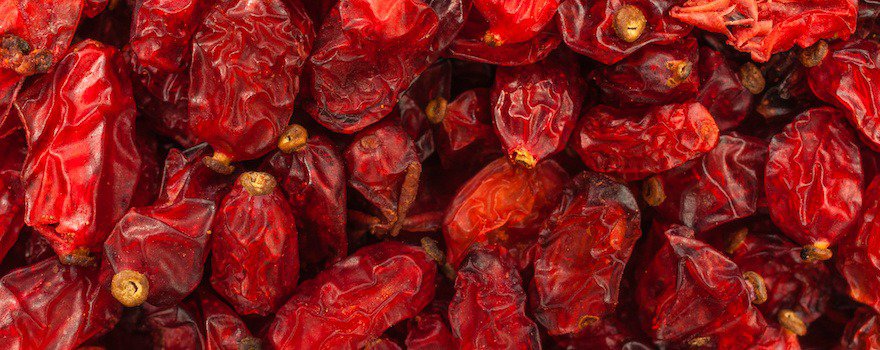
Berberine is a plant alkaloid, extracted from the roots and bark of several plants. It is mainly found in Goldenseal, Berberis aristata, and barberry. It is recognized for fighting gastrointestinal infections.
Thanks to its antibacterial action, it slows bacterial proliferation in the small intestine. Taking berberine also helps decrease the frequency of diarrhea and abdominal pain in cases of SIBO.
During this study, berberine showed results comparable to the administration of an antibiotic for treating SIBO.
How to consume it: it is taken as a dietary supplement, in capsules or powder form.
Warning: it is not recommended for pregnant or breastfeeding women.
3. Propolis
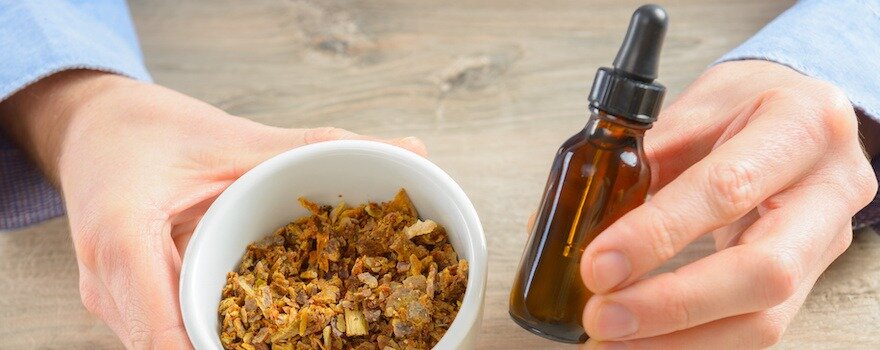
Propolis has natural antibiotic and antibacterial properties. It is therefore a valuable ally in cases of SIBO.
It improves the composition of the microbiota and fights against certain bacteria such as Escherichia coli. Furthermore, it reduces hyperpermeability and repairs lesions in the intestinal mucosa, as shown in this study.
How to consume it: it is available in capsules, gummies, ampoules, alcohol-free liquid solution, or tincture.
4. Probiotics
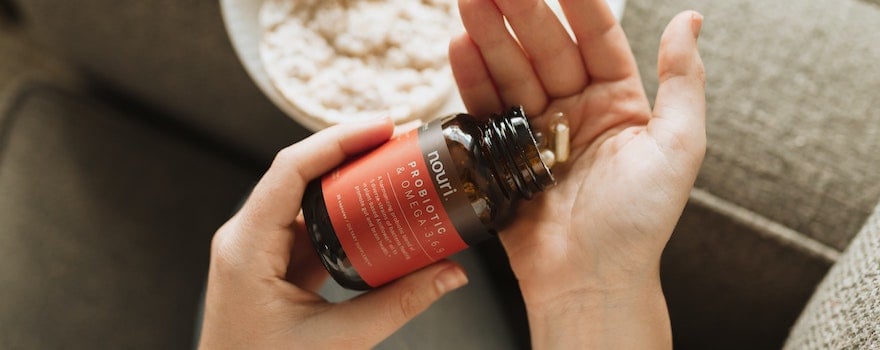
Taking probiotics can be beneficial but only as a complement and/or following an antibiotic treatment. Indeed, since bacteria are already numerous in the small intestine, it is advisable to reduce them before taking probiotics.
The strains Saccharomyces boulardii and Lactobacillus rhamnosus are interesting for strengthening intestinal permeability and the barrier function of the intestinal mucosa. They help gradually restore a healthy microbiota.
In this study, taking lactobacilli helped reduce abdominal pain, flatulence, gastroesophageal reflux, and diarrhea associated with SIBO.
How to consume them: in capsules, tablets, or powder. Choose a natural supplement containing at least 15 billion bacteria.
Also read What are the best probiotic supplements?
5. Reishi
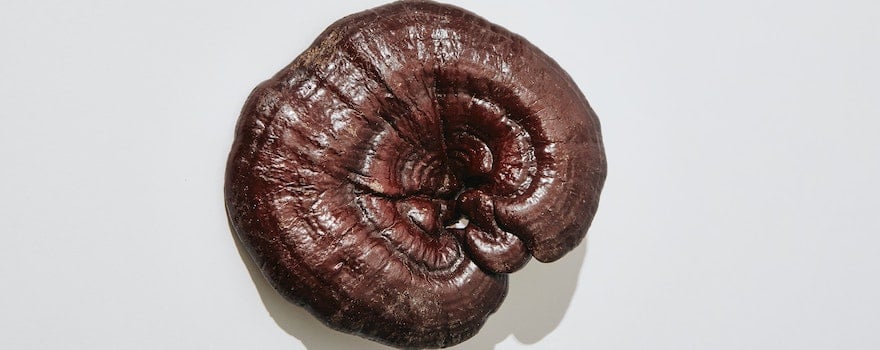
Reishi is a mushroom native to Asia. An immunity booster, it is also antibacterial. It notably inhibits the growth of Escherichia coli and Staphylococcus strains.
It contains sugars called “beta-glucans” that improve intestinal microbiome health. After antibiotic treatment for SIBO, reishi acts as a prebiotic by stimulating the production of good bacteria, as shown by this study.
Additionally, reishi has numerous mental health benefits. It relieves stress, anxiety, and fatigue often suffered by people with SIBO.
How to consume it: it is available in capsules, tablets, powder, or mother tincture. It can also be purchased dried for making infusions or decoctions.
What is SIBO?
Causes and Risk Factors
SIBO is a still little-known condition, and its exact causes are not clearly defined. People suffering from irritable bowel syndrome, celiac disease, or diabetes seem to be most affected.
It can also be caused by another condition such as hypochlorhydria (low stomach acidity), bile insufficiency, or medication use.
Finally, excessive consumption of coffee or alcohol, stress, or a diet too rich in sugars are factors that favor SIBO.
Main Symptoms
The most common symptoms include:
- digestive disorders: bloating, flatulence, abdominal pain, diarrhea…
- chronic fatigue
- cognitive disorders: brain fog, concentration difficulties…
- nutritional deficiencies in B vitamins, vitamins A and D, omega-3, magnesium, and zinc
- weight loss
SIBO symptoms are varied and can affect both physical and mental health. Thus, simply trying to eradicate the excess bacteria from the small intestine is not enough.
A holistic approach is needed, including a healthy and balanced diet, physical activity, and better stress management. It is important to reduce all factors that promote bacterial overgrowth.



